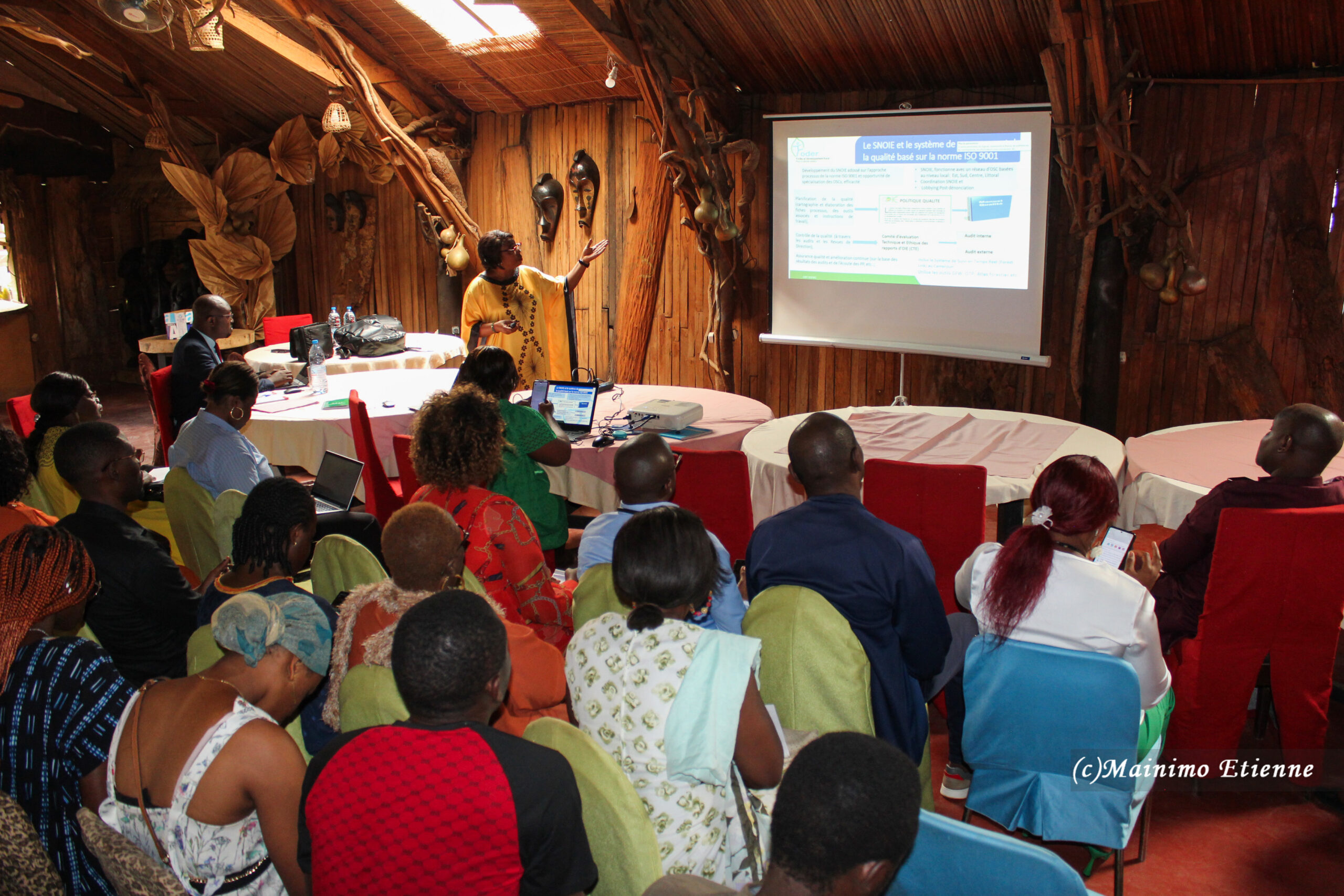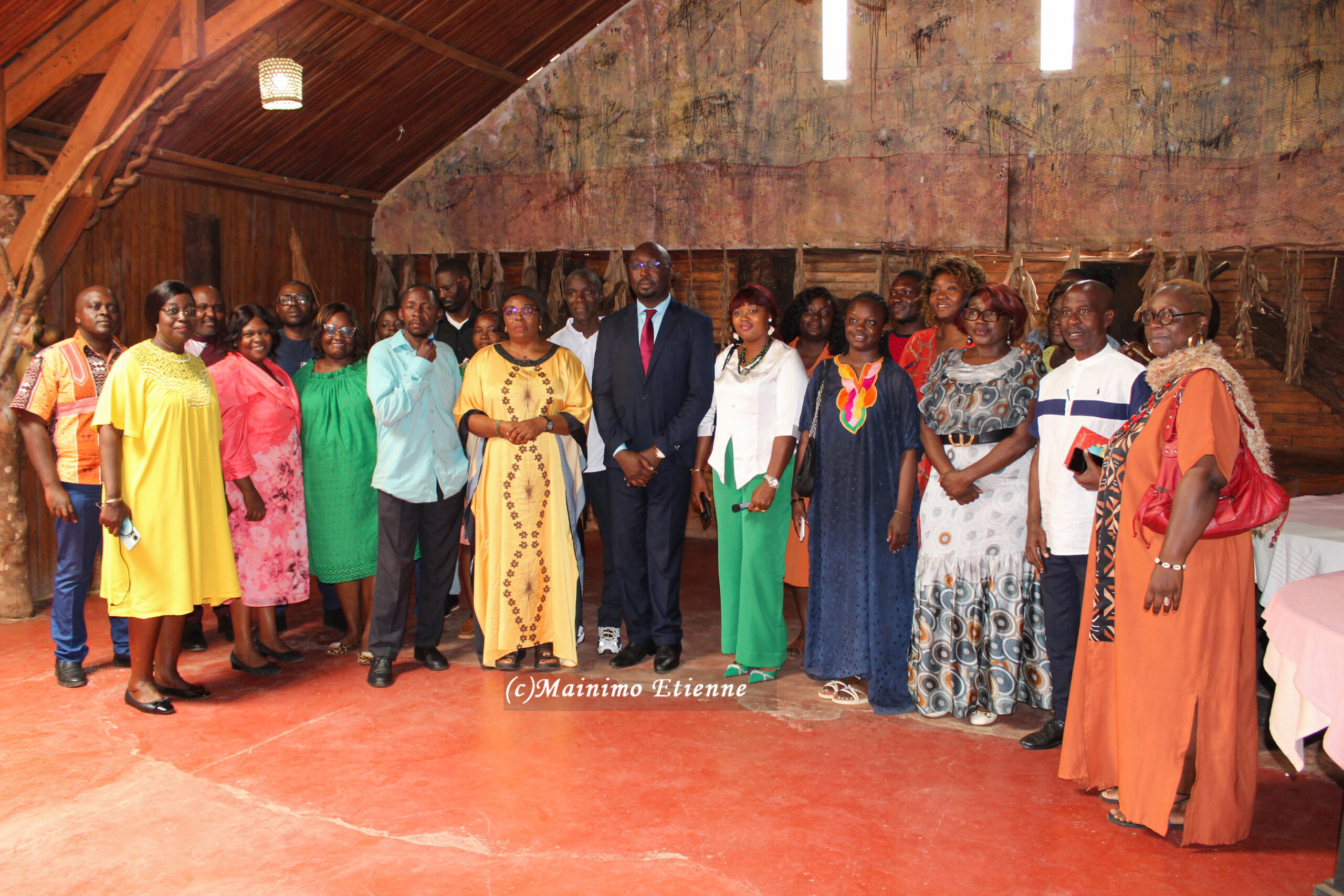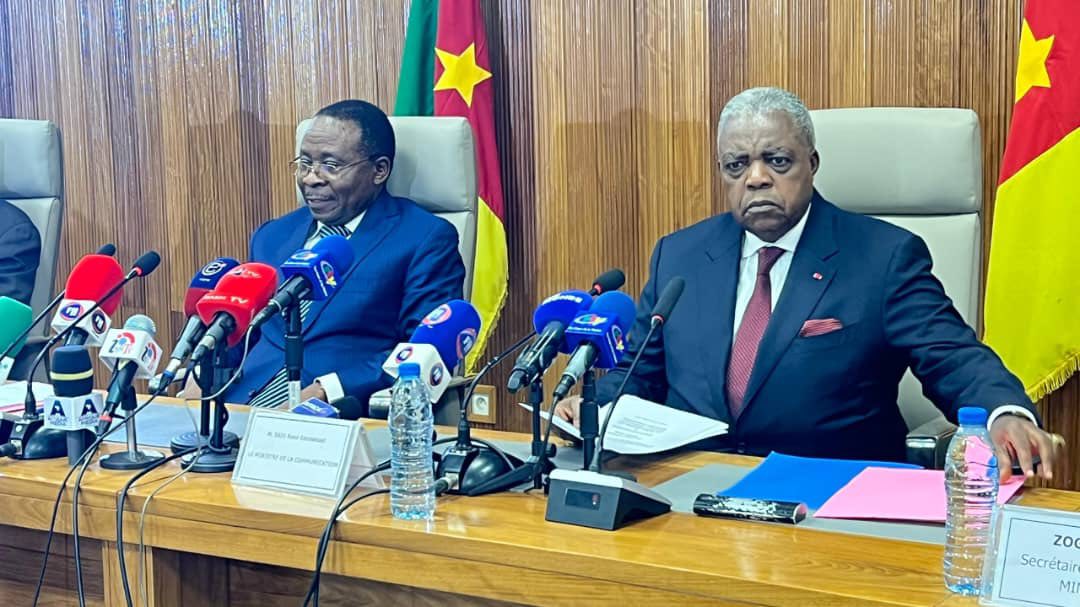By Etienne Mainimo Mengnjo
Cameroon’s Independent Forest Monitoring, coordinated by the World Resources Institute (WRI), has exposed rampant illegal logging, costing the state millions and threatening vital forest ecosystems, according to a new report.
The monitoring reporter was presented to the press and other partners on September 30 in Yaounde at a Café Science event hosted by the Association of Science Journalists and Communicators (SCILIFE).

The monitoring platform, known as the Normalized System of External Independent Monitoring (SNOIE), led by the Non-Governmental Organisation, Forêt et Développement Rural (FODER), pinpointed Mbam and Kim, Haut Nyong, Océan, Sanaga Maritime, and Mvila divisions as hotspots for illicit logging.
According to the monitoring report, it revealed that between 2022 and 2024, illegal activities destroyed nearly 12,000 hectares of forest, causing an estimated financial loss of FCFA 445 million to the state.
Speaking at the event FODER’s Angeline Modjo detailed widespread violations. These include logging beyond legal boundaries, unauthorized operations in national forests, cutting undersized trees, and failing to mark stumps or logs. Other infractions involved obstructing watercourses, abandoning timber, and producing sawn timber without permits.
“Governance failures exacerbate the crisis. Local authorities and communities have been implicated in complicity, while understaffed and underequipped forest control posts struggle to monitor vast areas,” she said.
She added, “Tensions between communities and logging operators have flared, with disputes over unfulfilled social commitments leading to blockades of logging trucks. Additional issues include destroyed farmlands, unmarked log trafficking, and conflicts of interest.”
“Our work is about detecting illegalities and ensuring respect for the law,” said Justin Kamga, FODER’s coordinator.

WRI’s Achille Djeago stressed the need for transparency in the forestry sector, with monitoring funded by the EU’s Program for the Amelioration of Governance in the Forest Sector (PAMFOR3).
The initiative supports the Voluntary Partnership Agreement (VPA) for Forest Law Enforcement, Governance, and Trade (FLEGT), ensuring timber exports to the EU come from legal sources.
From 2022 to 2024, SNOIE conducted 25 field missions across five regions: Centre (Mbam and Kim), Littoral (Sanaga Maritime), South (Océan and Mvila), and East (Haut-Nyong).
The financial toll was stark: FCFA 91.7 million in Haut Nyong, FCFA 47.2 million in Mbam and Kim, and FCFA 306.2 million in Sanaga Maritime, Océan, and Mvila.
FODER said, they submitted reports to the Ministry of Forests and Wildlife (MINFOF) and the Ministry of Environment, Nature Protection, and Sustainable Development (MINEPDED).
They indicated that MINEPDED responded with 16 verification missions, including five joint operations, resulting in 15 seizures, four administrative summonses, and four official statements of offense. MINFOF has also imposed sanctions on violators.


